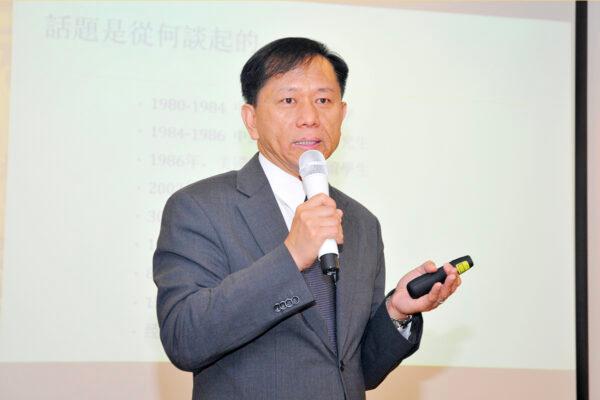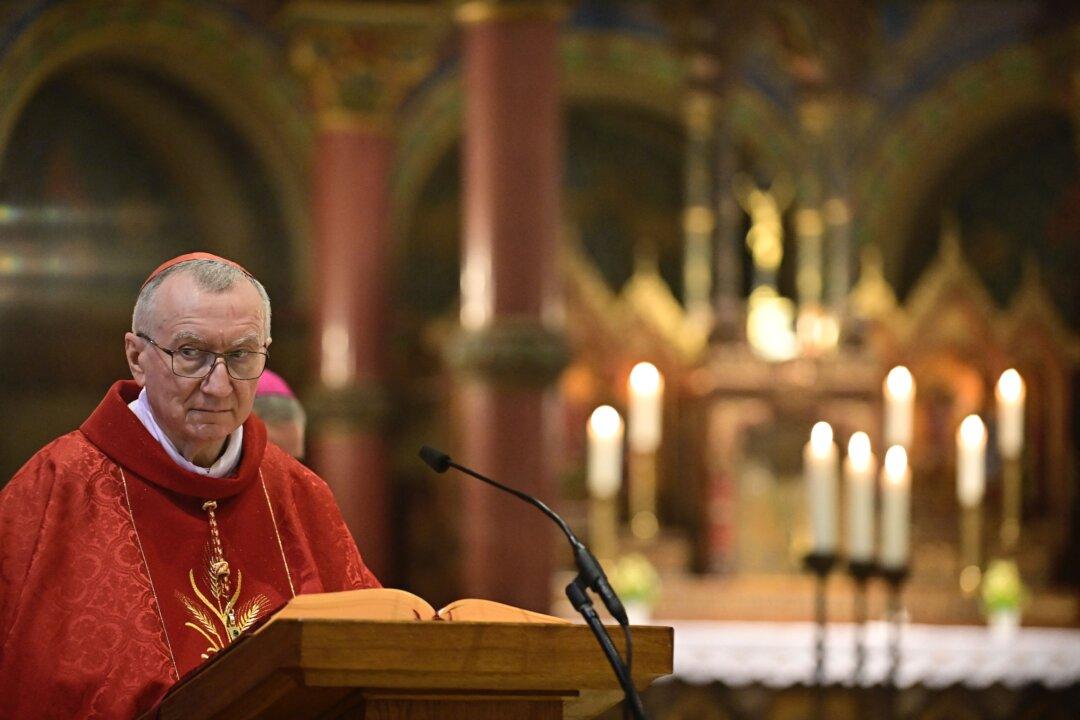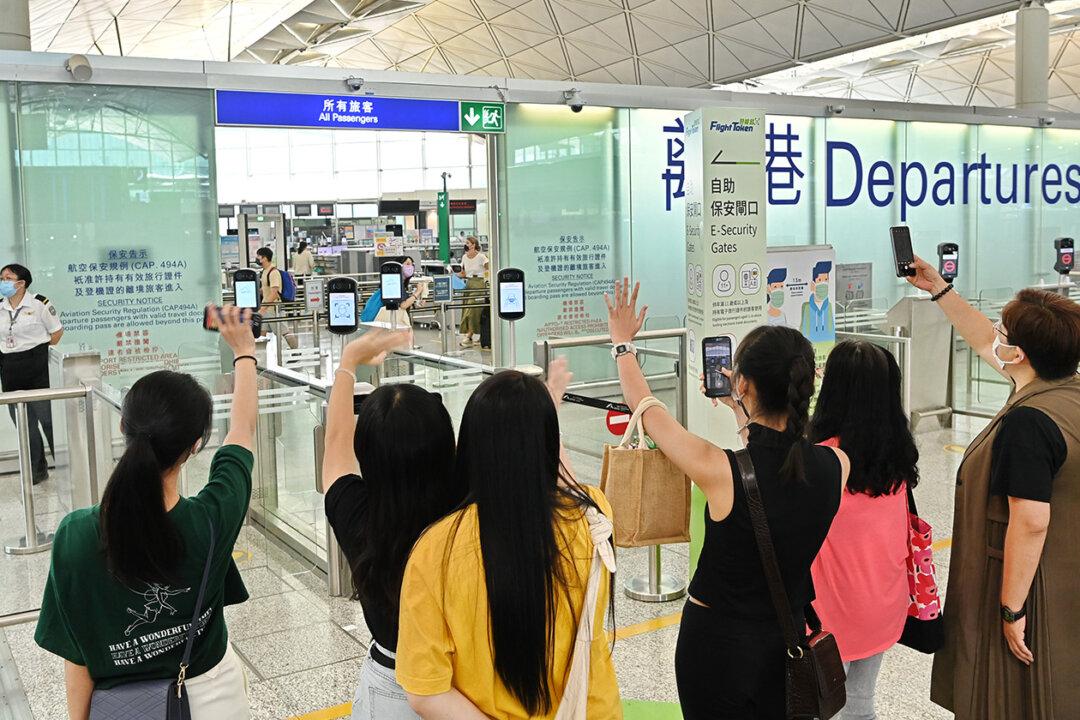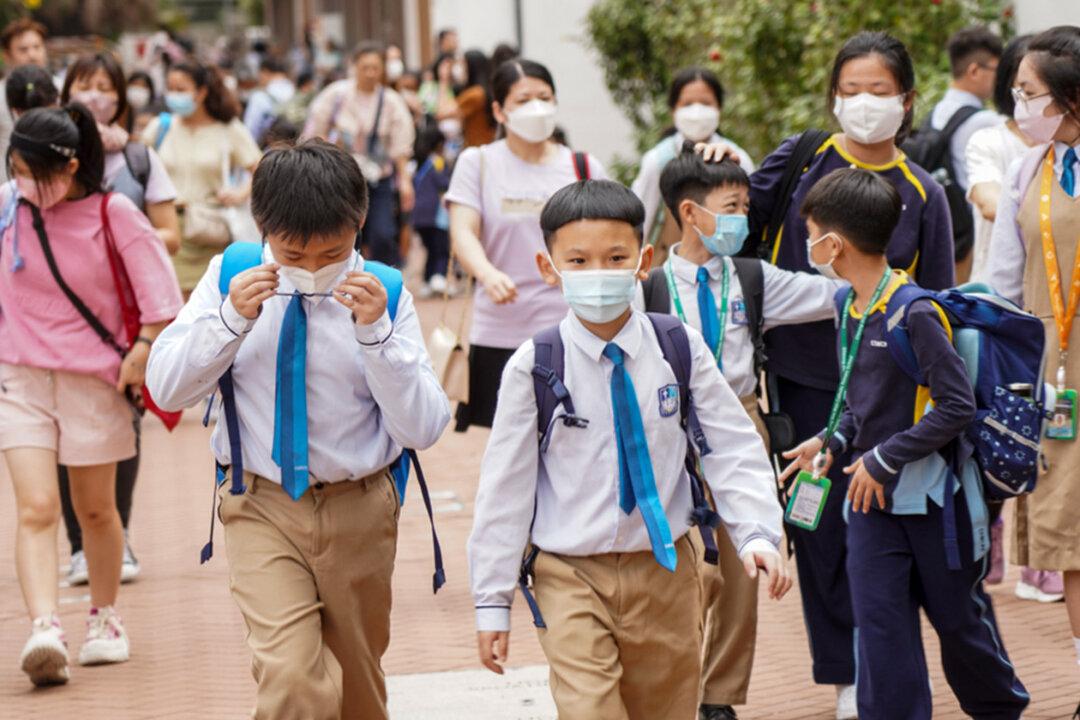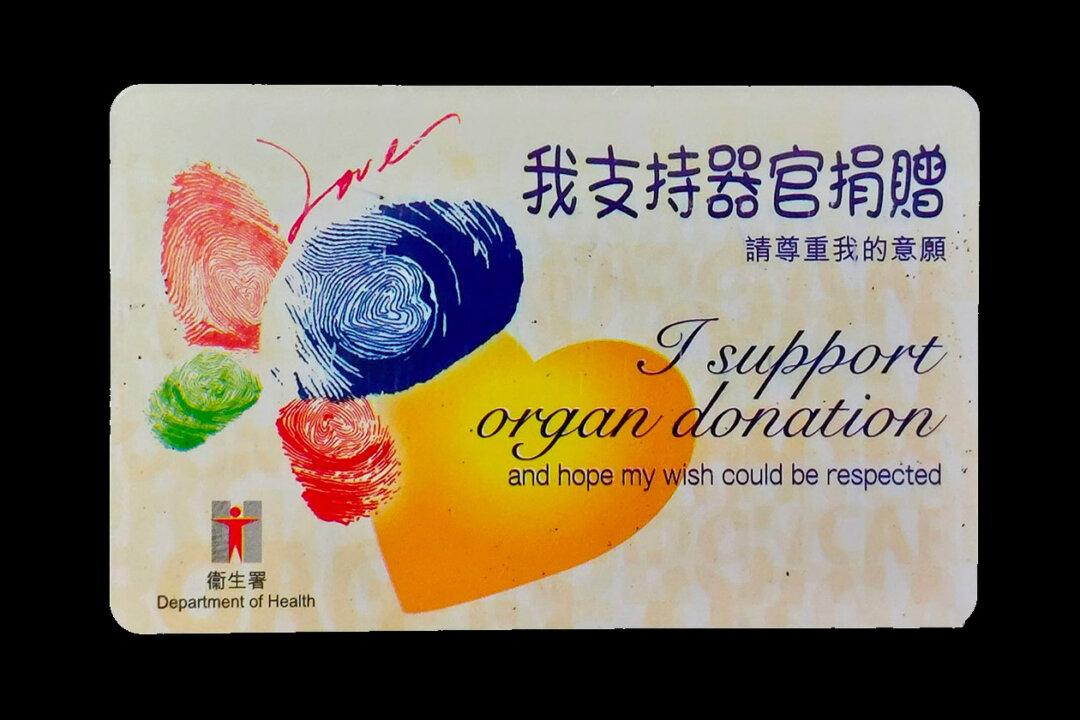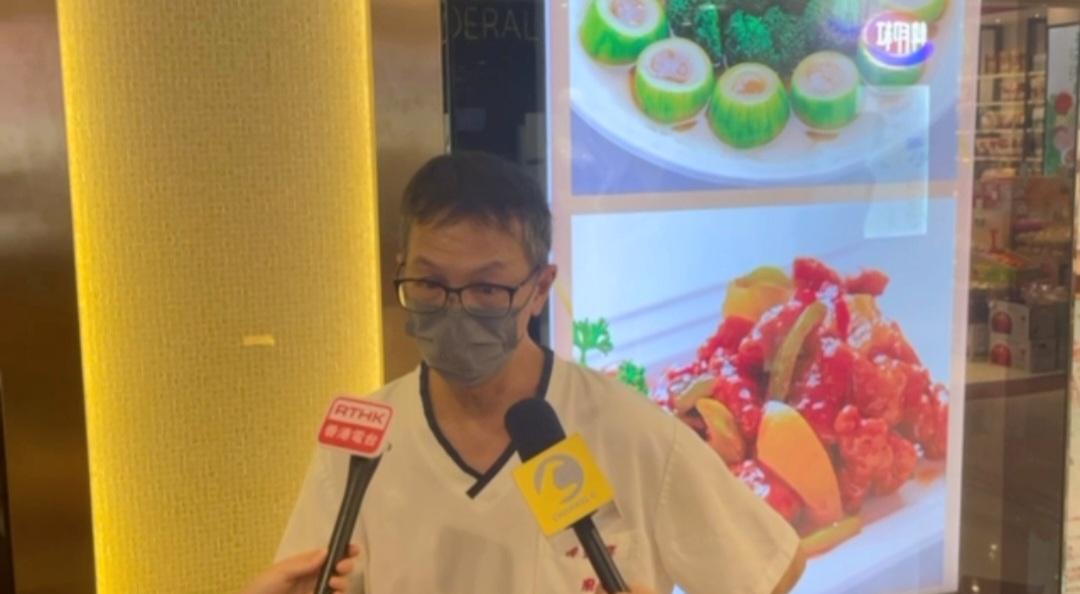Vatican Secretary of State Pietro Parolin said the Holy See has plans to relocate its Hong Kong office to Beijing, amid a recent report that the CCP authorities had earlier refused Pope Francis’ suggestion to meet CCP leader Xi Jinping. Frank Xie, an expert on China issues and a tenured professor at the University of South Carolina’s Aiken School of Business, said that the CCP’s refusal to see the Pope is its way of showing it has the upper hand (in dealing with the Holy See). From the office relocation plan, two things become apparent. First, it is one more sign that the Vatican is trying to appease the CCP; and second, it is a prelude to the complete annihilation of the last free beliefs that Hong Kong people still enjoy.
If the Hong Kong office were to move to Beijing, it would be the first time a quasi-diplomatic channel for dialogue was re-established by the Vatican after the CCP severed diplomatic relations in 1951.
Professor Xie criticized the Vatican’s plan to move the Hong Kong office to Beijing as “outrageous,” believing that it is further appeasing the CCP and succumbing to the CCP’s rude demands. It is also “a prelude to a complete annihilation of what remains as the last freedom of belief and its trust in God.”
The Catholic News Agency (CNA) reported on Sept. 19 that the delegation, as of today, is not an embassy, which brings less of a burden to the Vatican. If the Vatican wants to set up an embassy in mainland China, it must close the embassy in Taipei and cut off diplomatic relations with Taiwan.
Prediction: Religious Freedom Will Not Exist in HK for Long
The Vatican has been sending unofficial envoys to Hong Kong. The current representative to Hong Kong, José Luis Diaz Mariblanca Sanchez, took office in July 2022.The Vatican is still seeking closer ties with the CCP and is eager to relocate its Hong Kong office to Beijing, a move quite different from the views of the previous Charge d'Affaires in Hong Kong.
The source said that at the time, Herrera’s concerns went beyond the authorities’ crackdown in the name of the “Hong Kong National Security Law (NSL)” and warned that Hong Kong’s integration with the mainland would lead to “mainland-style restrictions on religious groups.”
CCP Refuses Meeting Between Pope and Xi Jinping
Recently, Pope Francis and CCP leader Xi Jinping were both in Kazakhstan for different activities. The Pope sought to meet with Xi while there, but the Chinese authorities refused the request, saying Xi did not have time.According to Xie’s analysis, the CCP’s rudeness and indifference shown by refusing to meet with Pope Francis are probably due to the fact that it is not satisfied with the Vatican’s concessions on the appointment of bishops, and continues to “ask for more control.”
The landmark event of the relationship between the CCP and the Vatican in recent years can be traced to a secret agreement signed by the two parties at the end of September 2018—a two-year provisional agreement on the appointment of bishops. The details of the agreement are secret, but it is generally known that it was an agreement to allow the co-appointment of bishops by the CCP and the Holy See in mainland China. The agreement is renewed every two years. When it was renewed in 2020, Parolin proclaimed that the agreement “helps Chinese believers to have a normal religious life.” He also clarified that he refused to interpret the agreement in a political light and said that China’s human rights and religious freedom issues could not be dealt with in haste.
Zen: Parolin Controls the Pope and Compromises With the CCP
Zen also pointed out at the time that in the two years since the agreement was reached, China’s persecution of believers has intensified, including the disappearance of underground churches and the prohibition of minors under the age of 18 from entering churches and participating in religious activities. The so-called “Sinicization of Catholicism” has turned Catholicism into the “religion” of the Communist Party, with the state and the Party as the leader.Cardinal Zen was born in Shanghai in 1932, before the establishment of communist-ruled China, and fled to Hong Kong at the age of 16. In 2006, he was promoted to a Roman Catholic priest-level cardinal, the second person in the Hong Kong Diocese to receive this honour. On May 11, 2022, he was arrested by the National Security Department of the Hong Kong Police for his involvement in the “612 Humanitarian Relief Fund.”
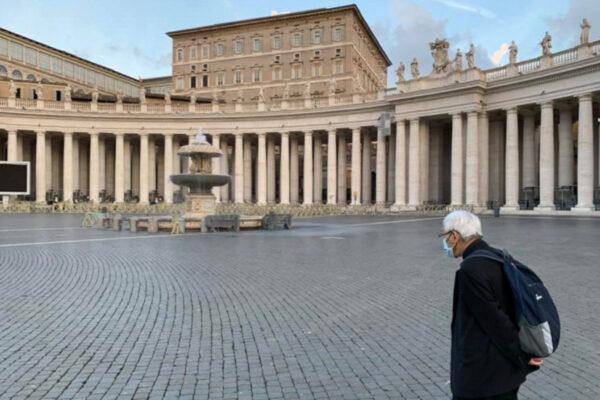
Pope Wants to Renew Provisional Agreement After ‘Illegal Bishops’ Legalized
Professor Xie said that under Pope Francis, the Vatican “continuously communicated with the CCP in secret, which is deviating from the teachings of Catholicism and the expectations of the Catholics in the world.” He also criticized the CCP as an anti-human, anti-religious, and anti-God tyranny. “As the spiritual leader of all Catholics in the world, how can he join the CCP and allow CCP officials and a group of atheist gangsters to participate in and appoint bishops at all levels?“ He believes that the Vatican ignores the CCP’s suppression of true believers in God in mainland China and the blasphemy of Catholic teachings by the false Catholic Church controlled by the CCP. ”The constant contacts and negotiation with the CCP are really shocking,” he said.Xie also compared the Pope’s attitudes toward Xi Jinping and Cardinal Zen: “The Vatican refused to see Bishop Joseph Zen of Hong Kong, leaving the elderly Cardinal Zen to wait for days without seeing the Pope, while at the same time it stooped to the level of the Chinese Communist Party leader to ask for an audience. It is really saddening.”
For reference, in 2020, Cardinal Zen went to the Vatican alone on Sept. 23 to ask to see the Pope during the prime of the pandemic, but he waited for four days to no avail. Zen said the idea of the Holy See renewing the bishop appointment agreement with the CCP is “crazy,” like “dancing with the devil.” Many Italian media also joined in and spoke for him.
As for the possibility of the establishment of diplomatic relations between China and the Vatican, Xie said that during the term of Pope Francis, there is a growing possibility that it will happen. “If it happens, it will be a tragedy for Catholicism, a day when the freedom of belief in Hong Kong will be buried, and Catholicism in Taiwan will suffer grave consequences.”
The Catholic Church in Hong Kong has also been suspected of being influenced by the CCP in recent years. On Jan. 3, 2019, Bishop Michael Yeung Ming-cheung of the Catholic Diocese of Hong Kong passed away, and the post of bishop was left vacant for 28 months. During this period, the Vatican appointed Emeritus Cardinal John Tong Hon as the Apostolic Administrator of the diocese. At that time, it was known that the Holy See originally proposed Auxiliary Bishop Joseph Ha Chi-shing to take over as bishop. But as Ha was known to have repeatedly shown his support of the anti-extradition movement, it was believed that the Holy See had come under political pressure to appoint the Beijing-favoured Reverend Choy Wai Man, the vice bishop of the Hong Kong diocese, as the Ordinary Bishop. In the end, however, the Pope appointed a Jesuit priest, Father Stephen Chow Sau-yan to succeed the post of Bishop of Hong Kong.
